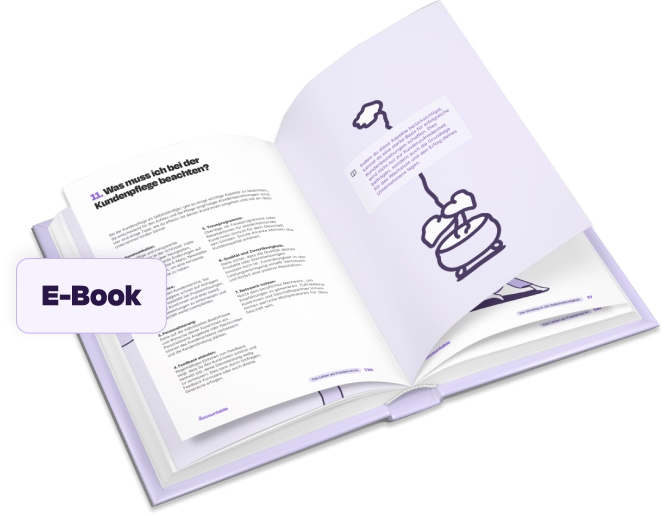| Tax class | Until 31/12/2020 | From 1/1/2021 |
| Single (Tax class I, II, IV, V, VI) | 972 Euro | 16,956 Euro |
| Married (Tax class III) | 1,944 Euro | 33,912 Euro |
| Annual income (before tax) | Solidarity surcharge |
| Up to 73,000 Euro (single) 151,000 Euro (married) | not charged |
| Between approx. 73,000 Euro and 109,000 Euro (single) approx. 151,000 Euro and 221,000 Euro (married) | partially charged |
| More than 109,000 Euro (single) 221,000 Euro (married) | fully charged |
20 Kapitel knallhart recherchiert und vom Steuerprofi geprüft
Kostenlos herunterladen

Author - Sophia Merzbach
Sophia has been a key member of the Accountable team for many years, bringing a unique blend of journalistic precision and in-depth tax expertise to her work.
Who is Sophia ?Thank you for your feedback!
Useful
How much income tax is deducted from your income is largely determined by your tax class. There are ...
Read moreWorking as a self-employed professional has many advantages: You are your own boss and you can choos...
Read moreWorking with international clients can be tricky, depending on where exactly they’re located, whet...
Read more